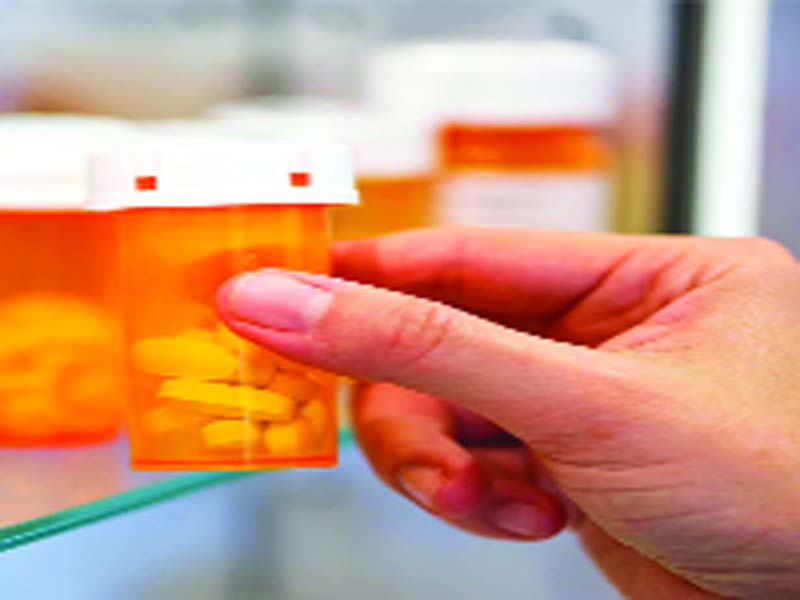The drug regulator has proposed that Govt labs should test medicines before their export
The Central Drugs Standard Control Organisation, the drug regulator, has proposed that cough syrups be tested in government laboratories before they are exported will go a long way in restoring India’s reputation in the global market. The country got a bad name after cough syrups made by a few companies allegedly led to dozens of deaths in The Gambia and Uzbekistan in 2022. As per the proposal, the syrups could be tested at the Central or state laboratories. The World Health Organization had accused the Indian company Maiden Pharmaceuticals of exporting a syrup to The Gambia which contained lethal toxins ethylene glycol (EG) and diethylene glycol (DEG) used in car brake fluid. The cough syrup another company, Marion Biotech, sent to Uzbekistan also had EG or DEG. The two firms have disputed the charges, but the importing countries have become very cautious about Indian medicines after the mishaps. Last month, the Centres for Disease Control and Prevention (CDC), the top US watchdog, highlighted the possibility of highly drug-resistant bacteria linked to eye drops made by Chennai-based Global Pharma Healthcare. While our Government did action against Maiden and Marion, it did not support the charge against Global Pharma Healthcare. Tamil Nadu’s drug regulator also denied the CDC’s charge. The point, however, is that our pharmaceutical exports face the danger of being seen as substandard. And in business, as in politics, perceptions are often as, if not more, important than the reality itself.
The pharmaceutical exports are a success story, rising from $16.79 billion in 2016-17 to $25.3 billion (Rs 208,231 crore) in 2022-23. The authorities in India, at all levels, must ensure that the rapacity and depravity of a few unscrupulous businesspersons do not give a tragic turn to the story. And, by the way, this is not just about economic aspects; on the moral grounds too, the manufacturers who compromise the quality of drugs are very cruel people; they should not be allowed to thrive at any cost. Besides, if they can sell spurious or contaminated cough syrups and other medicines to The Gambia and Uzbekistan, they can also try to do the same in India. These people deserve no mercy; they should be stopped and prosecuted. Enforcement, however, has not been very swift; the WHO issued another alert last month, the third in seven months, for an India-made, contaminated cough syrup sold in the Marshall Islands and Micronesia. This didn’t become a big issue in our country, as it did when reports from The Gambia and Uzbekistan came out, perhaps because of the smallness of the two nations. But the third alert did underline the fact that the previous two mishaps did not break the inertia of officialdom. But now the Union Health Ministry and the Department of Pharmaceuticals are reportedly contemplating the mechanism to be adopted to ensure that the quality of the pharma merchandise exports is up to the mark. The sooner they do it, the better it would be for the country.
























